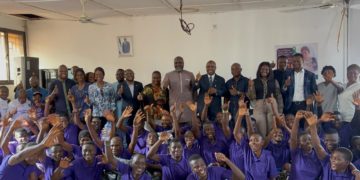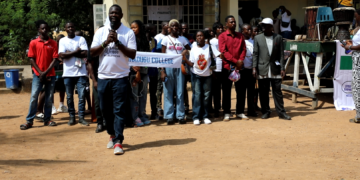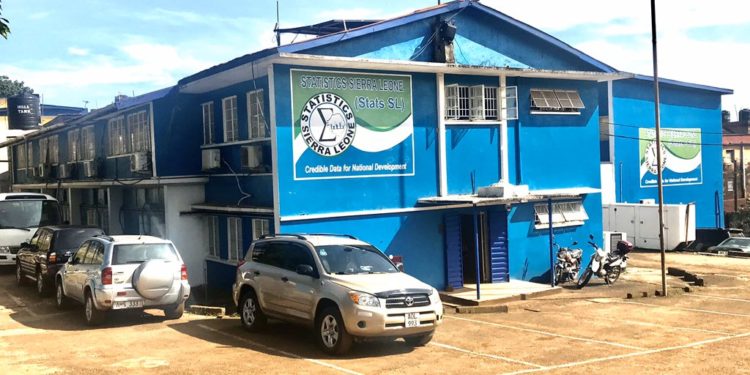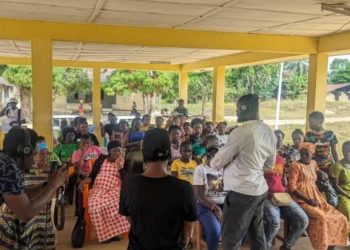Sierra Leone has got the go-ahead for the establishment of research centers for longitudinal population-based studies in the country.
Three research sites will be established across the country by the national statistical agency – Statistics Sierra Leone (Stats SL), under the Comprehensive Health and Epidemiological Surveillance System (CHESS) programme, thanks to funding from the World Bank.
The agency announced in a statement late last month that the funding was provided through the Bank’s Harmonizing and Improving Statistics in West Africa Project (HISWA). This is an initiative designed to strengthen the statistical systems of participating countries and regional bodies in Africa to harmonize, produce, disseminate and enhance the use of core economic and social statistics.
Statistician General and CEO of Stats SL, Prof. Osman Sankoh, will personally spearhead the CHESS programme which he says will enable the country to take part in cutting edge longitudinal population-based research which many other countries in Africa, Asia and the pacific have been implementing.
The CHESS is a new generation of population surveillance operations, introduced by leading global scientists about five years ago. They say it is capable of timely delivery of high-quality data for disease-specific and pathogen-specific morbidity, together with data for overall and cause-specific mortality. It involves monitoring health systems and policy initiatives.
A longitudinal study is an observational research method in which data is gathered for the same subjects repeatedly over a period of time. Longitudinal research projects can last for many years or even decades. The researchers track the same type of information on the same subjects at multiple points in time, like a group of people treated for specific diseases.
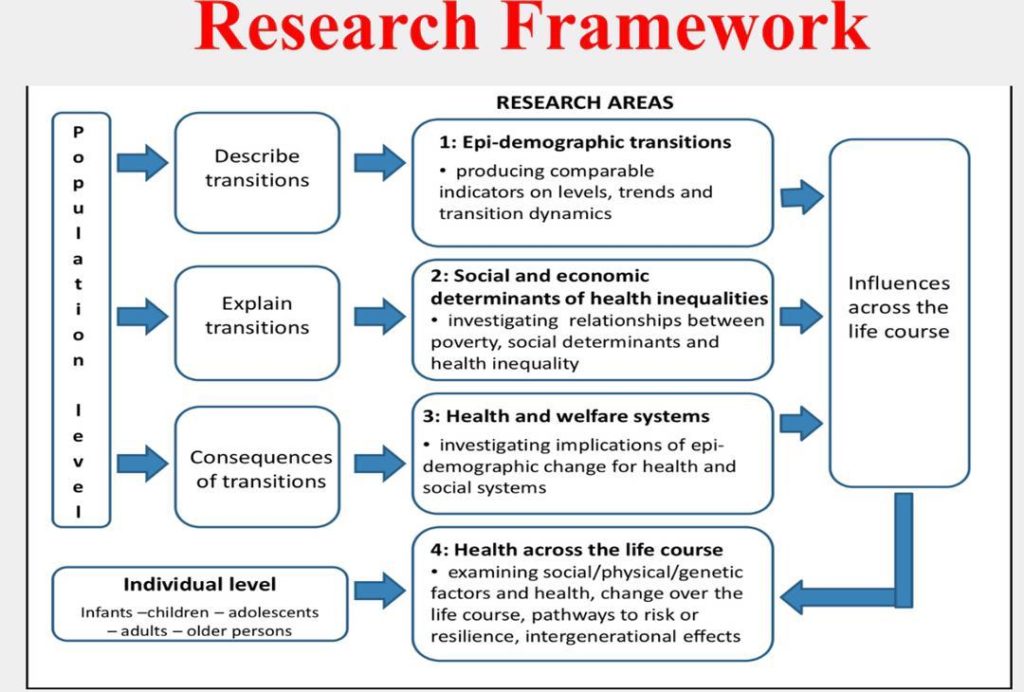
Prof. Sankoh, popularly known in the literary world as Mallam O, said the World Bank funding made it possible for the fulfilment of almost two decades of a dream he had.
He explained to ManoReporters that the research will create a platform that will be capable of timely delivery of high-quality data to report on mortality, morbidity, migration and cause-specific mortality in the districts where the sites will be located.
“We will integrate across population and health facility data systems in the community. We will capture household, environmental, health systems, and other contextual data, with a unique electronic individual identification system throughout,” he said in an interview conducted via the social media platform, whatsapp.
The funding for the research is part of a $30m grant by the Bank negotiated by Prof. Sankoh and his team, meant for the entire HISWA programme, which will be used to fund diverse statistical activities over a five year period, including construction of the agency’s headquarters and district and regional offices. Part of the money went into the just concluded 2021 Mid-Term Population and Housing Census.
Sankoh said US$2m was earmarked for the establishment of the research sites over the period, and that they expect to create more opportunities, through collaboration with universities and other institutions, for additional funding to make the sites sustainable for a longer period.
Prof. Sankoh has spent over three decades in the field of research, focusing on demographic, epidemiological and public health studies. The Njala University alumni has worked in various countries across the world, including Ghana, Germany and US.
Prior to his appointment as head of Statistics Sierra Leone, he was head of the international organisation for the demographic evaluation of populations and their health [INDEPTH network], which works in 20 low- and middle-income countries in Africa, Asia and the Pacific. Based in the Ghanaian capital, Accra, Sankoh raised and managed research money for field sites in the 20 target countries.
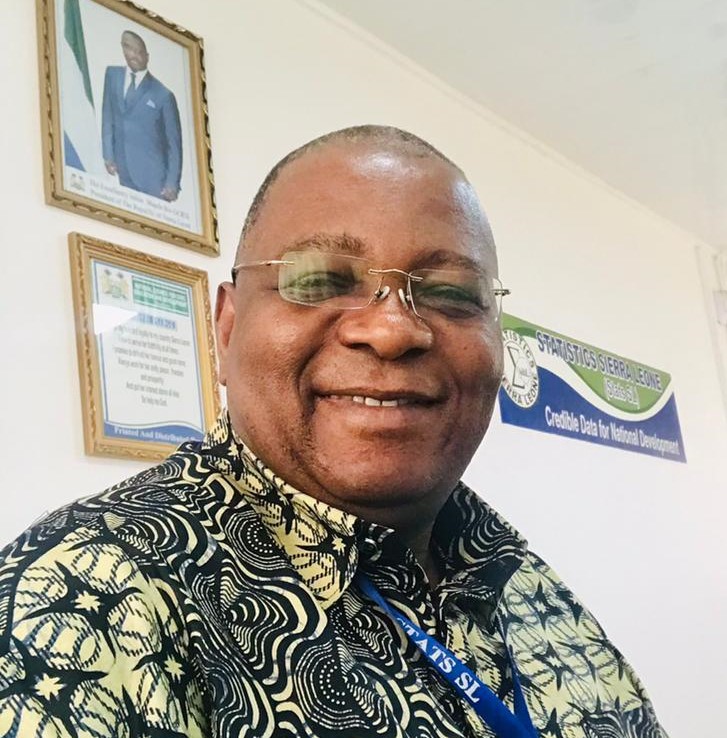
In this CHESS project, Sankoh will be working alongside a team that includes Mr Sonia-Magba Bu-Buakei Jabbi, Director of Demographic, Health and Social Statistics at Stats SL.
Mr Jabbi was quoted saying that the research sites would add value to the work of the national statistics office since it would have the opportunity to generate empirical evidence to guide planning and policy development processes in the country.
Stats SL will collaborate with the National Civil Registration Authority (NCRA), the Ministry of Health and Sanitation (MoHS), as well as public and private universities which have research programmes that would benefit from a population and health platform to be created.
Sankoh told ManoReporters that terms of reference will be developed for the collaboration, noting that the University of Sierra Leone (USL) and Njala University are “natural partners” because of existing relevant programmes – the Population Unit at Fourah Bay College of USL and the School of Community Medicine at Njala.
Selection of the sites to host the research centers hasn’t been done yet. But Sankoh says they intend to do it on the basis of set out criteria.
“Unlike many African countries where the location of the sites was largely influenced by an individual and hence criticized, we in Sierra Leone will ensure that the selection of the location of the sites will be transparent and determined by several national stakeholders, not Stats SL alone, and will be based on scientific criteria such as poverty levels, maternal and child mortality levels, etc,” he said.





